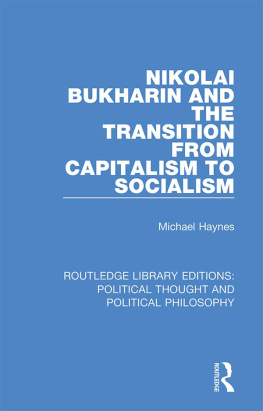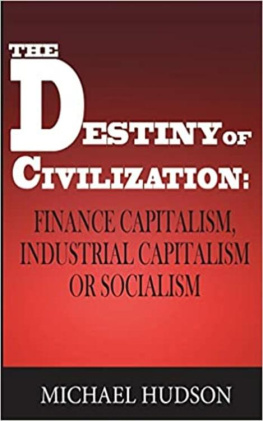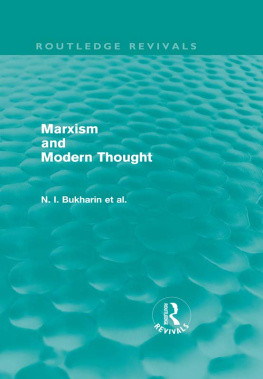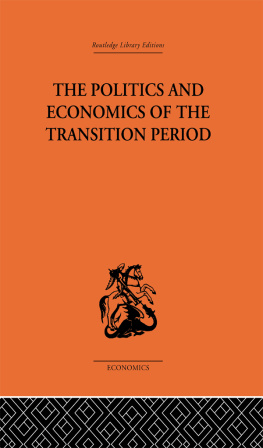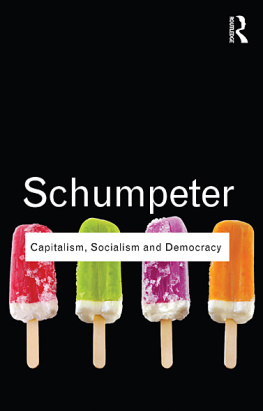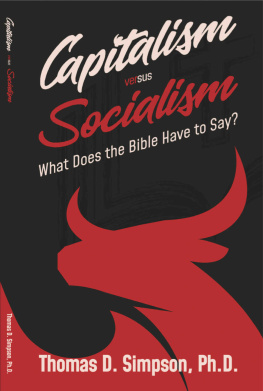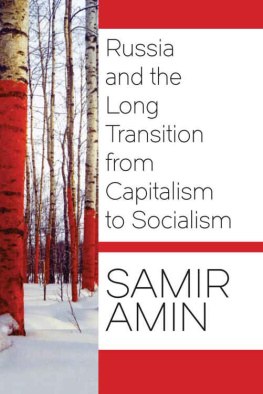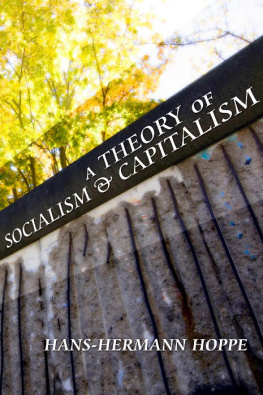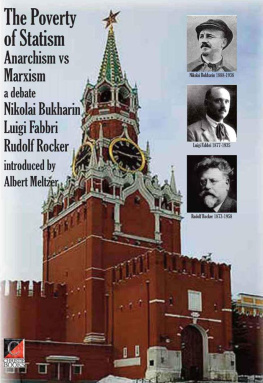ROUTLEDGE LIBRARY EDITIONS:
POLITICAL THOUGHT AND POLITICAL PHILOSOPHY
Volume 28
NIKOLAI BUKHARIN AND THE TRANSITION FROM CAPITALISM TO SOCIALISM
NIKOLAI BUKHARIN AND THE TRANSITION FROM CAPITALISM TO SOCIALISM
MICHAEL HAYNES
First published in 1985 by Croom Helm Ltd
This edition first published in 2020
by Routledge
2 Park Square, Milton Park, Abingdon, Oxon OX14 4RN
and by Routledge
52 Vanderbilt Avenue, New York, NY 10017
Routledge is an imprint of the Taylor & Francis Group, an informa business
1985 Michael Haynes
All rights reserved. No part of this book may be reprinted or reproduced or utilised in any form or by any electronic, mechanical, or other means, now known or hereafter invented, including photocopying and recording, or in any information storage or retrieval system, without permission in writing from the publishers.
Trademark notice: Product or corporate names may be trademarks or registered trademarks, and are used only for identification and explanation without intent to infringe.
British Library Cataloguing in Publication Data
A catalogue record for this book is available from the British Library
ISBN: 978-0-367-21961-1 (Set)
ISBN: 978-0-429-35434-2 (Set) (ebk)
ISBN: 978-0-367-24436-1 (Volume 28) (hbk)
ISBN: 978-0-429-28240-9 (Volume 28) (ebk)
Publishers Note
The publisher has gone to great lengths to ensure the quality of this reprint but points out that some imperfections in the original copies may be apparent.
Disclaimer
The publisher has made every effort to trace copyright holders and would welcome correspondence from those they have been unable to trace.
NIKOLAI BUKHARIN & THE TRANSITION FROM CAPITALISM TO SOCIALISM
MICHAEL HAYNES
1985 Michael Haynes
Croom Helm Ltd, Provident House, Burrell Row,
Beckenham, Kent BR3 1AT
Croom Helm Australia Pty Ltd, First Floor,
139 King Street, Sydney, NSW 2001, Australia
British Library Cataloguing in Publication Data
Haynes, Michael
Nikolai Bukharin and the transition from
capitalism to socialism.
1. Bukharin, N. 2. Socialism Soviet Union History 20th century
I. Title HX313
335.00924
ISBN 0-7099-3740-7
Typeset by Columns of Reading
Printed and bound in Great Britain
by Billing & Sons Limited, Worcester.
CONTENTS
For Marcie, Rachel and Matthew
Prefaces should be brief and workmanlike. As far as possible I have given references to the many English and French translations that exist of Bukharins writings. Obscure and poor though these sometimes are I have done this in the belief that they will be more accessible to the majority of readers (as they were to me) than references to the original Russian. For anyone who wishes to consult the originals it is a relatively simple matter to trace them through Sidney Heitmans invaluable bibliography of Bukharins writings,NikolaiI. Bukharin: A Bibliography, Stanford: Hoover Institution, 1969. Where I have used these translations I have occasionally taken the liberty of trying to clarify some of them. All emphases (which are common in Russian) are those of the authors quoted unless otherwise stated.
For various reasons this book has been a long time coming and some acknowledgement of help received is now much overdue. My most recent debt is to Richard Stoneman at Croom Helm whose commendable speed in dealing with the manuscript puts others to shame. Tracing some of the more obscure of Bukharins writings has only been possible because of the resources and help of particular libraries. In particular I owe a debt to the Alexander Baykov Library at the University of Birmingham, the British Library of Political and Economic Science and the library at Wolverhampton Polytechnic (and especially John Nockles). Support from the Polytechnic, Wolverhampton, also enabled me to draw on the resources of the Institute of Social History in Amsterdam and various libraries in Paris, especially the Bibliotheque de documentation internationale contemporaine at Nanterre, and the Institut Maurice Thorez.
My stay in Paris was made all the more pleasant by contacts with, and help from, Maurice Andreau, Wladimir Andreff, Bernard Chavance and Christian Salmon. Similarly in Amsterdam Kees van der Pijl went out of his way to make me welcome. At home Peter Binns, Bruce Young and Marcie Haynes have all laboured to improve the manuscript in its various versions. My colleague Dr Neil Malcolm has proved an ever patient guide when my knowledge of Russian has proved inadequate. Needless to say these acknowledgements in no way imply agreement with what follows and all defects, whether of translation, argument or whatever I lay claim to myself.
Michael Haynes
Writing in the mid-nineteenth century the French revolutionary, Auguste Blanqui, likened revolution to crossing a river. Instead of standing on the bank quarrelling over whether the field on the other side was wheat or rye, he wrote, the point is to cross and see! In this, at least, Marx too would have been at one with Blanquis impatience. He also had little time for those for whom socialism consisted of idle speculation about the blueprints for some ideal society. It was Marxs strength, as Lenin later stressed, that he had no truck with such utopianism. On the contrary, Marxs early work had been a struggle against the proponents of new moral worlds and for a recognition of the working class as the class which would make socialism through its own conscious action. Yet by Lenins time the inadequacy of this, except as a most preliminary answer to the question of the nature of the transition to socialism, was already becoming apparent. Indeed, Lenin himself then went on to write State and Revolution, a book which does nothing if not dispute the nature of the field on the other side of the river. Moreover, he wrote this in the very midst of the Russian Revolution clearly it was not sufficient just to cross the river and see.
What then had changed? What led Lenin and the Bolsheviks, even before the October Revolution had successfully overthrown the Tsarist state, to spend so much energy considering the nature of the transition to socialism? And what makes it important to take up this question again today? Certainly the answer does not lie in some new-found respect for the utopian socialists of old. It lies rather in the recognition that the problem of how to cross the river (and here Blanquis analogy breaks down) cannot be separated from the question of whether the field on the other side is really of wheat or rye. In short, the issue of the transition to socialism takes us directly to the heart of contemporary debates about capitalism and the possibility of socialism.
Lenin was writing against a background of discussion in the Second International in which the problem of the transition to socialism had received little explicit attention. Socialism increasingly appeared as a distant utopia which related to the present only as an abstract moral goal. The leading social-democrats of the day came, in practice, to adopt a position that has been likened to that of the Victorian clergyman who assured his doubting parishioner that the Second Coming was undoubtedly on its way but hopefully it would not arrive in their lifetime. In this way the whole question came to have an air of unreality which was well summed up by the French communist Alfred Rosmer, when the issue had come up as an obstacle in discussion it had been evaded. The transition had been seen as a leap from capitalist society into an ideal society to be constructed at leisure this was the realm of fairy-tales.



